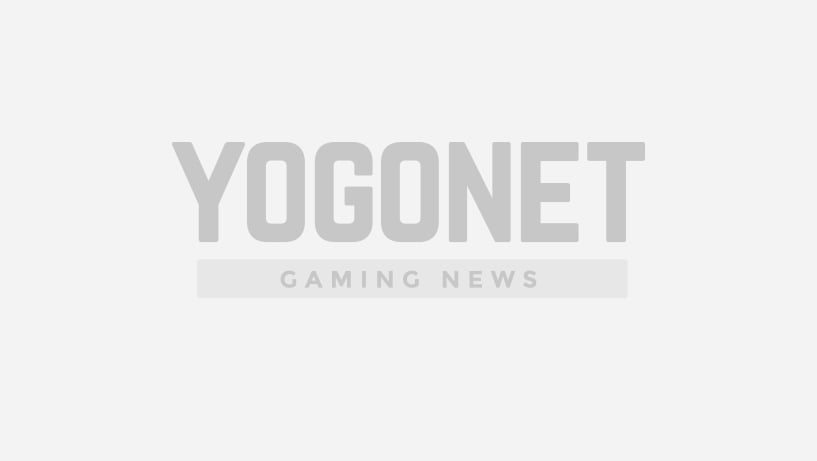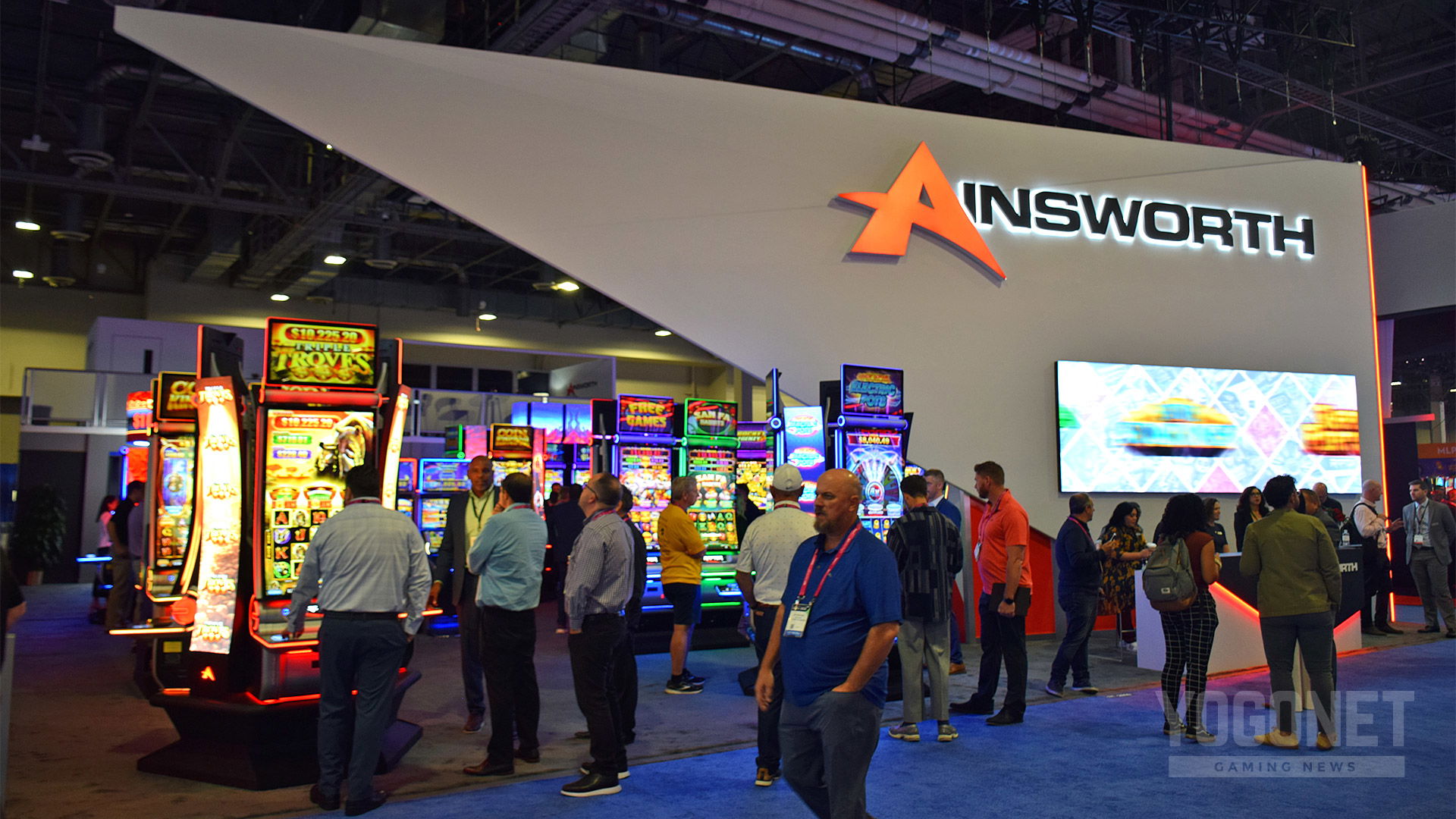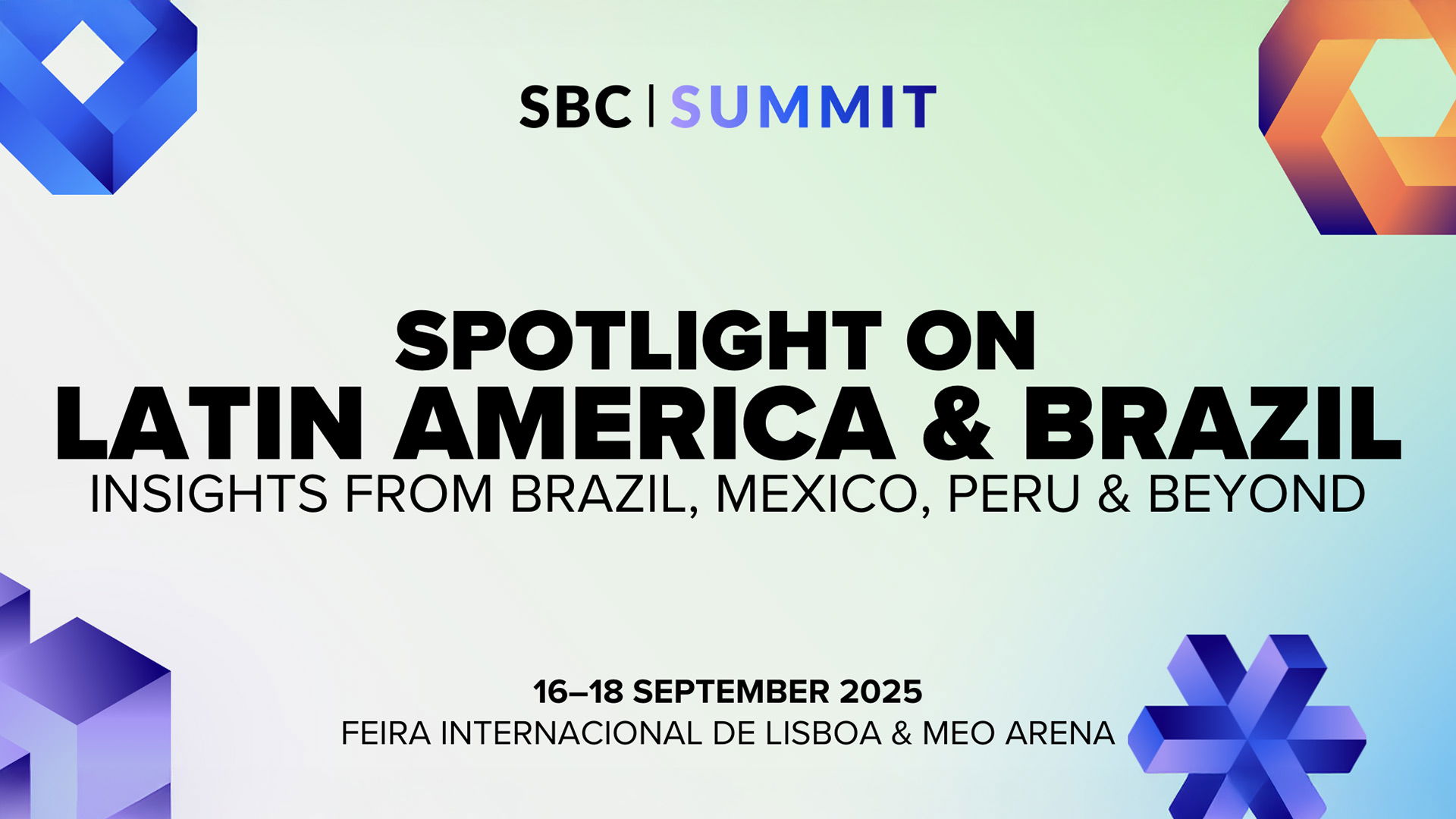HSBC bank introduces gambling fee for online casino transactions

From February 1st HSBC customers will be charged an increased rate of between 21.9 per cent and 27.8 per cent instead of the standard 15.9 per cent to 22.9 per cent if customers wish to gamble. However, customers will not be charged a one-off fee, which is applied to other cash transactions such as buying foreign currency.
A spokesperson for HSBC said that the move was to bring the banks charges in line with its financial service competitors and denied that it was due to customers piling up large debts. MBNA, RBS/Natwest and Egg have all made changes to their credit card fees recently.
There is currently no uniform policy on charging for gambling across the UK credit card industry, with providers such as Barclaycard and Lloyds charging such spending at their lower purchase rates, whilst MBNA (Bank of America) and RBS/NatWest and Egg charge at the cash advance rate.
In 2004, the US bank Citibank decided to stop processing any Internet gambling payments at all by UK holders of its credit cards. One potential loophole in HSBC’s strategy is that any payments channelled via the online payment service Paypal will be charged as a retail purchase, attracting a lower rate of interest.
HSBC said neither it nor any other banks could tell what the ultimate destination of a Paypal transaction money might be.

















